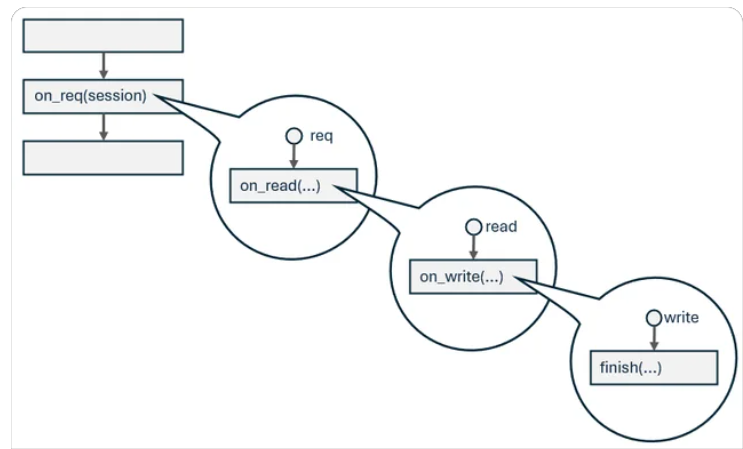Qt acquires I.A.R.
Qt completes the recommended public cash offer to the shareholders of I.A.R. Systems Group
From the article:
On 4 July 2025, Qt Group Plc's ("Qt Group") wholly owned subsidiary The Qt Company Ltd ("The Qt Company" and together with Qt Group, "Qt"), announced a recommended public cash offer to the shareholders of class B shares (the "Shares" or, individually, a "Share") in I.A.R. Systems Group AB (publ) ("IAR"), to tender all their Shares at a price of SEK 180 in cash per Share (the "Offer"). The Shares in IAR are traded on Nasdaq Stockholm, Mid Cap. An offer document relating to the Offer was published on 15 August 2025.
At the end of the acceptance period on 10 October 2025, the Offer had been accepted by shareholders with a total of 12,037,848 Shares in IAR, corresponding to 94.49 per cent of the outstanding shares and votes in IAR.[1] As a result, The Qt Company controls in total 12,037,848 Shares in IAR, corresponding to 94.49 per cent of the outstanding shares and votes in IAR.[2]
The Qt Company has decided to complete the Offer. All conditions are satisfied or have been waived. Settlement for Shares tendered in the Offer during the initial acceptance period will be initiated on or around 17 October 2025.

 This post is in response to two claims about coroutines: 1) Their reference function parameters may become dangling too easily, and 2) They are indistinguishable from regular functions from the declaration alone.
This post is in response to two claims about coroutines: 1) Their reference function parameters may become dangling too easily, and 2) They are indistinguishable from regular functions from the declaration alone.
 xplore how the C++ standard evolved across versions with interactive side-by-side diffs
xplore how the C++ standard evolved across versions with interactive side-by-side diffs